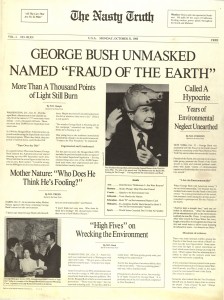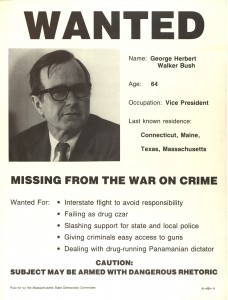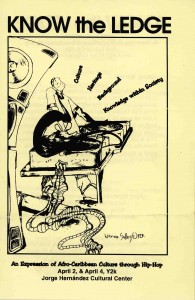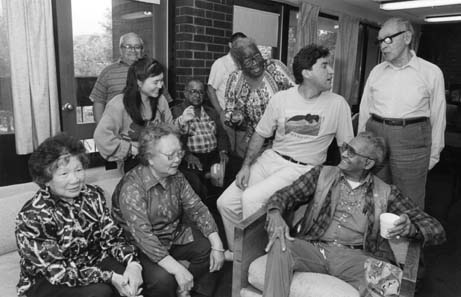In the wake of the events that occurred on April 15, 2013 at the 117th Boston Marathon and on April 19, 2013 in Watertown, Northeastern University English Professor Elizabeth Maddock Dillon and Assistant Professor Ryan Cordell recognized the obvious need for a space where people could tell and share their stories with each other. They believed that sharing stories from survivors, families, witnesses, visitors to the city, and everyone around the world touched by the event will speed the healing process, and wanted to create that space as a gift to the community.
Together, they established the
Our Marathon: The Boston Bombing Digital Archive, a crowd-sourced, digital archive of pictures, videos, stories, and social media related to the Boston Marathon bombing. Thus far, they have acquired an archive of almost 10,000 items, 3 interactive exhibits, and 3 major collections.

[April 21, 2013, from the Public Submissions collection]
This summer, I contributed to this remarkable endeavor as a Simmons School of Library and Information Science (SLIS) graduate summer intern sponsored by the
Northeastern University Archives and Special Collections Department and supported by the Project Co-Director James McGrath. In addition to exhibit building and social media, the main task of my internship was to create lesson plans for schoolroom use.
Because children were affected by this crisis as well, the team at Our Marathon thought it would help the healing process for children to use the Our Marathon archives—to remember and share stories in the safety of their own classrooms. Additionally, it can be difficult for teachers to navigate the complex questions young students ask and a resource like the digital archive can work as a great tool to facilitate age appropriate discussion.
To that end, I helped create a
Teaching Resources page for Our Marathon. This page showcases five lesson plans for Kindergarten through Grade 12 that utilize
Letters to the City of Boston and
The Copley Square Memorial collections, and the
WBUR Oral History Project as the basis for a teaching unit. These lesson plans are designed to demonstrate mastery of grade and subject appropriate Common Core Standards.
Hopefully, these assignments will generate more student submissions to the archive as well as create a platform for an important dialogue amongst students and teachers. I look forward to reading about their experiences in the Our Marathon archives.



